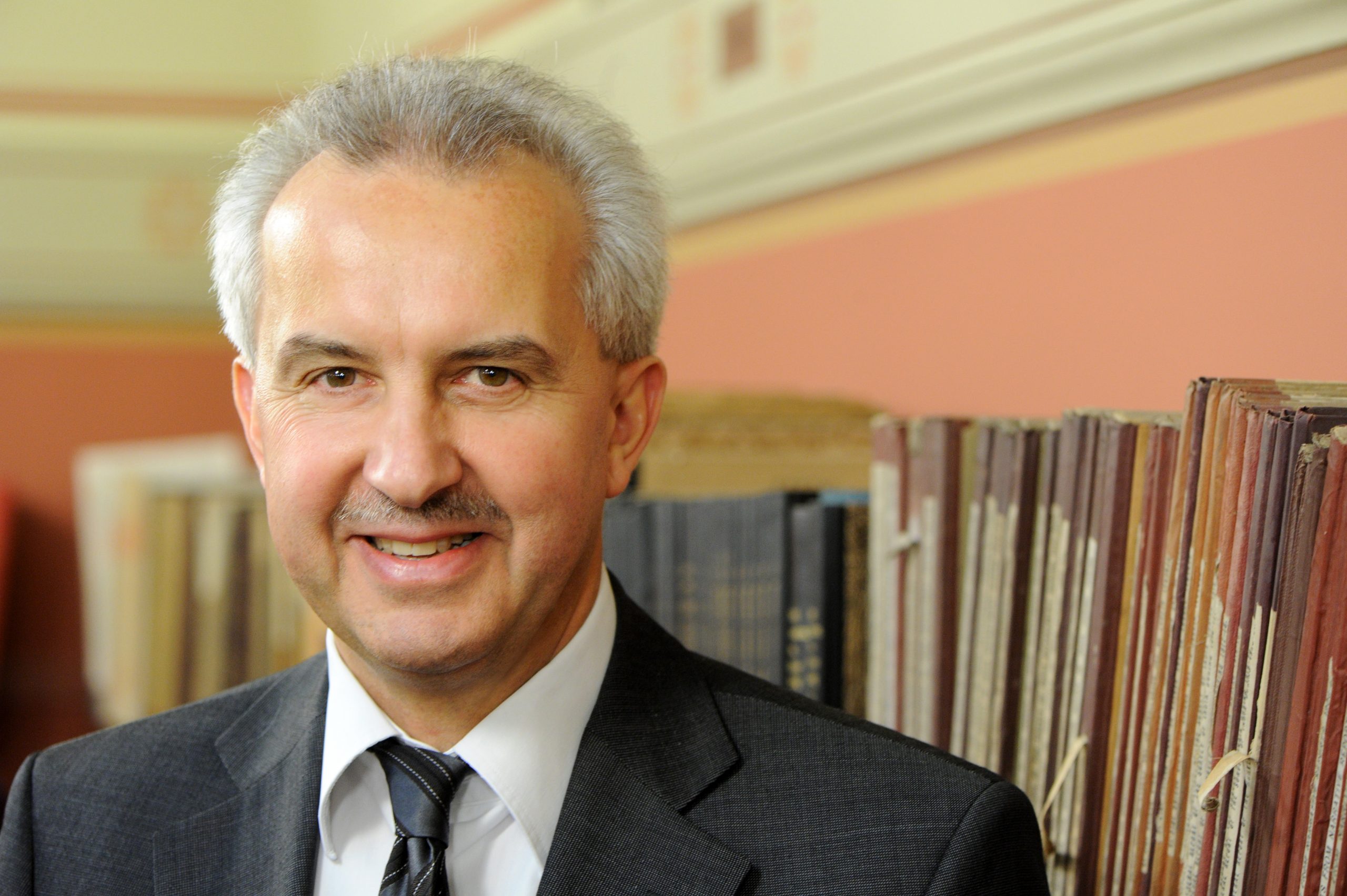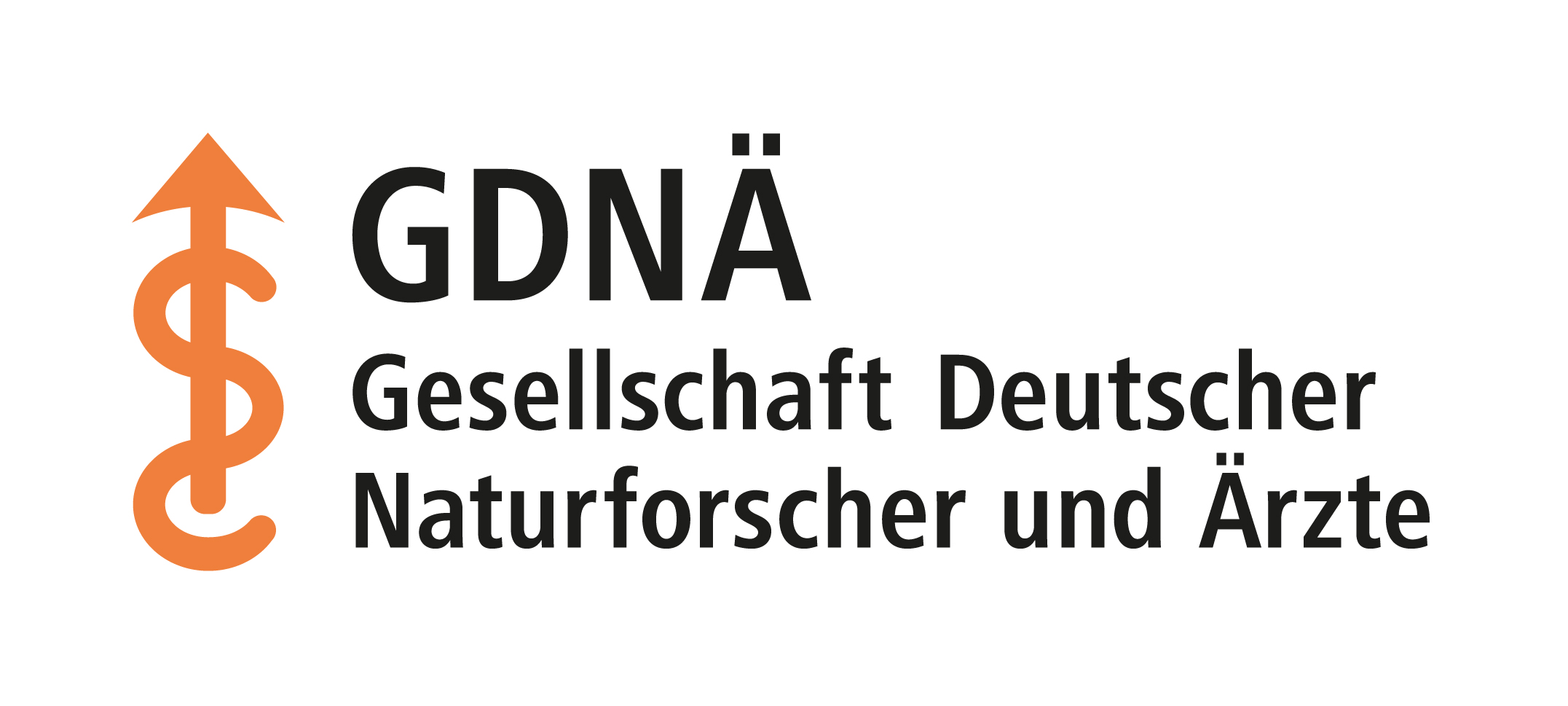“Climate change remains to be the real crisis”
The geoscientist Reinhard Hüttl on research in corona times, tomorrow’s energy supply and the value of good science communication
Professor Hüttl, your Helmholtz Centre employs almost 1300 staff. How does the Corona crisis affect your Centre?
To a considerable extent our work still takes place in the home office. Only about half of the employees work on the mountain, as we say -–in our offices and laboratories on the Potsdam Telegrafenberg. Travelling abroad is only possible to a limited extent, domestic journeys only under strict consideration of infection protection.
How much does this affect research?
So far, no project has failed because of the pandemic, but there are certainly considerable delays. Certain measurements, which we can only carry out in spring, had to be cancelled this year. This was the case with our project in Lusatia, for example. There we study the effects of climate change on soils and forests and test new ways of land use. The corona restrictions are a particular problem for our young scientists. Internships had to be cancelled and the doctoral students now lack data for their work. The meetings that are so important for their professional development have been postponed or cancelled altogether.
How do you deal with the problem?
In any case, we want to prevent scientific careers from being damaged by the crisis. This is why, for example, the deadlines for final papers have been extended. The most important thing now is to continue to ramp up research. Our crisis management team has developed a concept for a limited presence operation. It regulates how laboratory and field work can be started while taking into account the protection against infection. This makes seasonal measurements possible again, but also maintenance work on instruments.
Is it already possible to foresee a return to normal operation?
Unfortunately not, it’s too early for that. We assume that the pandemic will affect our work long-term and that we will have to establish ourselves in limited presence. But it is going to work out. The main problem is a different one.
Which one?
The real crisis is still climate change. Heat waves, droughts, heavy rainfall and other extreme events are making this increasingly clear to us. We will only be able to meet the challenge with a dual strategy. On the one hand, we must drastically reduce emissions of carbon dioxide and other greenhouse gases. On the other hand, we as a society and as an industrial nation cannot avoid adapting to the consequences of the region-specific effects of climate change. For example, through the conversion of our forests, more resilient agriculture, countermeasures against floods and a climate-neutral energy supply. Here the GFZ can make a significant contribution with its knowledge and innovative technologies.
Do you have an example?
Take the issue of reliable energy storage. The Corona crisis has shown us just how quickly supply chains can be broken and how important our own reserves are. But the solution is obvious, especially in Germany. Indeed, we have large underground gas storage facilities – the fourth largest in the world and the largest in the EU. There we can hold useful gas for a long time and withdraw it if necessary. The storage facilities have been operated safely for decades. Their reliability has also been proven in numerous studies conducted by the GFZ.
The main greenhouse gas stored underground today is methane. Where does that leave climate protection?
It won’t stay on methane alone. Hydrogen as a completely carbon-free energy carrier can also be stored in salt caverns as well as in porous rock formations. These rocks are also suitable for storing synthetic, climate-neutral natural gas, which, as a reliable energy source, can help to compensate for the fluctuating yields of wind and solar power. Storage is still a weak point in the energy system transformation that we so urgently need for a climate-friendly future. A further advantage of underground storage: Carbon dioxide can also be safely deposited there, as we were able to demonstrate convincingly at the GFZ. The gas does not enter the atmosphere, but can be extracted for industrial applications as required.
How do you assess the National Hydrogen Strategy, which the Federal Government has now adopted?
I expressly welcome the strategy. It combines climate protection and technological innovation and also takes into account the necessary imports. Hydrogen will be the new oil and the new gas – other technology nations such as Japan, Australia and China have long recognized this. Germany can still achieve a leading role and we will do everything in our power within the Helmholtz Association to achieve this.
Currently, the public discussion is more about electric cars and charging stations. How does this fit in with the hydrogen strategy?
I regret that we in Germany still rely so heavily on e-mobility and electrochemical energy storage in batteries. With these technologies the enormous consumption of resources, even in comparison to conventional engines, is often not taken into account. One example: Taking into account all environmental impacts, an e-vehicle will only reach the level of a comparable modern diesel vehicle after several years. For industry, aircraft and ships, the potential of purely electrical solutions is not sufficient anyway. We need climate-neutral hydrogen for an environmentally friendly recycling economy and a secure supply at the same time. It is by far the better alternative and must be produced primarily where favourable conditions for renewable energies exist.
Professor Hüttl, thank you very much for the interview.
The interview took place in May 2020.

Reinhard Hüttl
Prof. Dr. Reinhard Hüttl (63) has been Scientific Director at the Helmholtz Centre Potsdam – German Research Centre for Geosciences (GFZ) from 2007 to 2021. After his habilitation at the University of Freiburg, the forestry and soil scientist from Regensburg taught and researched in Hawaii for one year before he was appointed the chair of soil protection and recultivation at the Brandenburg Technical University in Cottbus in 1993. Reinhard Hüttl is involved in many scientific committees and institutions. He is a member of various national and international academies, bearer of the Federal Cross of Merit and honorary doctorate of the University of Natural Resources and Applied Life Sciences in Vienna. From 2008 to 2017 he was president of acatech – German Academy of Science and Engineering.
Research at GFZ
The GFZ is the national research Centre for geosciences in Germany. Basic research on the dynamics of the solid earth is a central concern at the GFZ; developing solutions for major challenges facing society is another. Research is organized in a matrix structure with four disciplinary departments and five interdisciplinary research units. This includes the interactions between the earth’s surface and the climate, but also the holistic use of georesources and geoenergy. The GFZ also participates in the GEOFON network for worldwide earthquake observation, records the sun’s particle radiation and provides satellite services on which, among other things, the functioning of navigation systems depends. The GFZ employs almost 1300 people, including a good 900 scientists. The Centre is financed to 90 percent by the federal government and 10 percent by the state of Brandenburg. In 2020 the budget is 110 million €.
